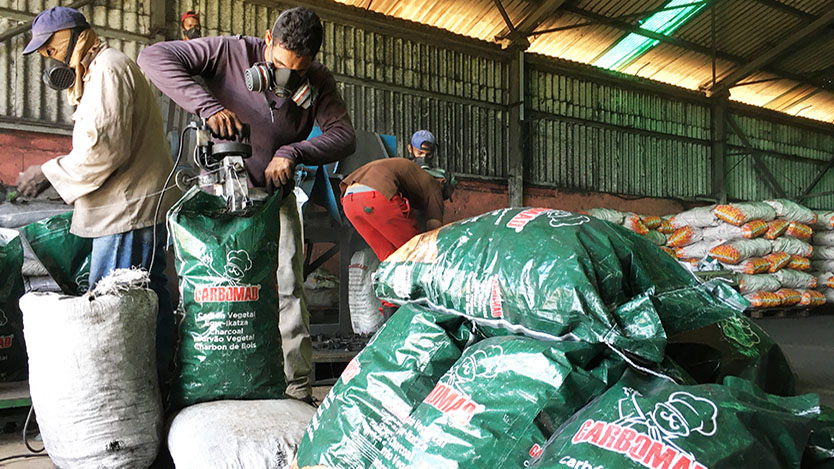A year after the approval process for new actors in the Cuban economy began throughout the country; Ciego de Ávila already has more than a hundred active micro, small and medium-sized enterprises (MSMEs).

According to the statistical closure of September 26, issued by the Provincial Directorate of Economy and Planning, 106 private MSMEs and one non-agricultural cooperative have received approval, a figure that represents just two percent of the 5,360 listed by the Ministry of Economy and Planning last October 5.
Thus, the trend shown so far by the province is maintained, as it is one of the territories with the fewest new actors in the national context. However, the numbers of the last five months speak in favor of an increase in applications with a green light, because while between September 2021 and April 2022 57 MSMEs were approved (in seven months), between May 2022 and last September ( five months) the figure is 50. There is a slight increase in the “speed” of proposals.
In any case, it is not a competition and entrepreneurs from Ciego de Ávila seem to know it, especially if the challenges of the current economic context, described as extremely difficult, are assumed. However, start-ups (58) outnumber reconversions (49), by a narrow margin, indicating that many are taking the risks of starting from scratch.
The last one is confirmed by another 40 requests waiting to complete the designed methodology.
The most important data, for now, has to do with the jobs generated, some 3,100, mostly in production, service and food activities.
In fact, another trend that continues is the majority of MSMEs dedicated to construction (24), followed by the activity of restaurants and cafeterias (13). It would seem like the worst time to engage in these activities, but the truth is that applications continue to be processed.
In addition, the territorial imbalance persists. While the municipality of Ciego de Ávila accounts for 50 percent of the MSMEs in the province, territories such as Bolivia, Primero de Enero and Baraguá are very much in the loop, with none (in the case of Bolivians) or only one (in the other two). Clearly, the application process announced in Bolivia for three state MSMEs (the first in the province) has been delayed for reasons related to the preparation of the projects, since two are under review (with errors) and one is pending approval.
Based on the number of hired workers, the 106 active MSMEs are classified into 20 micro-enterprises, 54 small and 33 medium-sized. Eight of the total are also local development projects and three are currently exporting.




